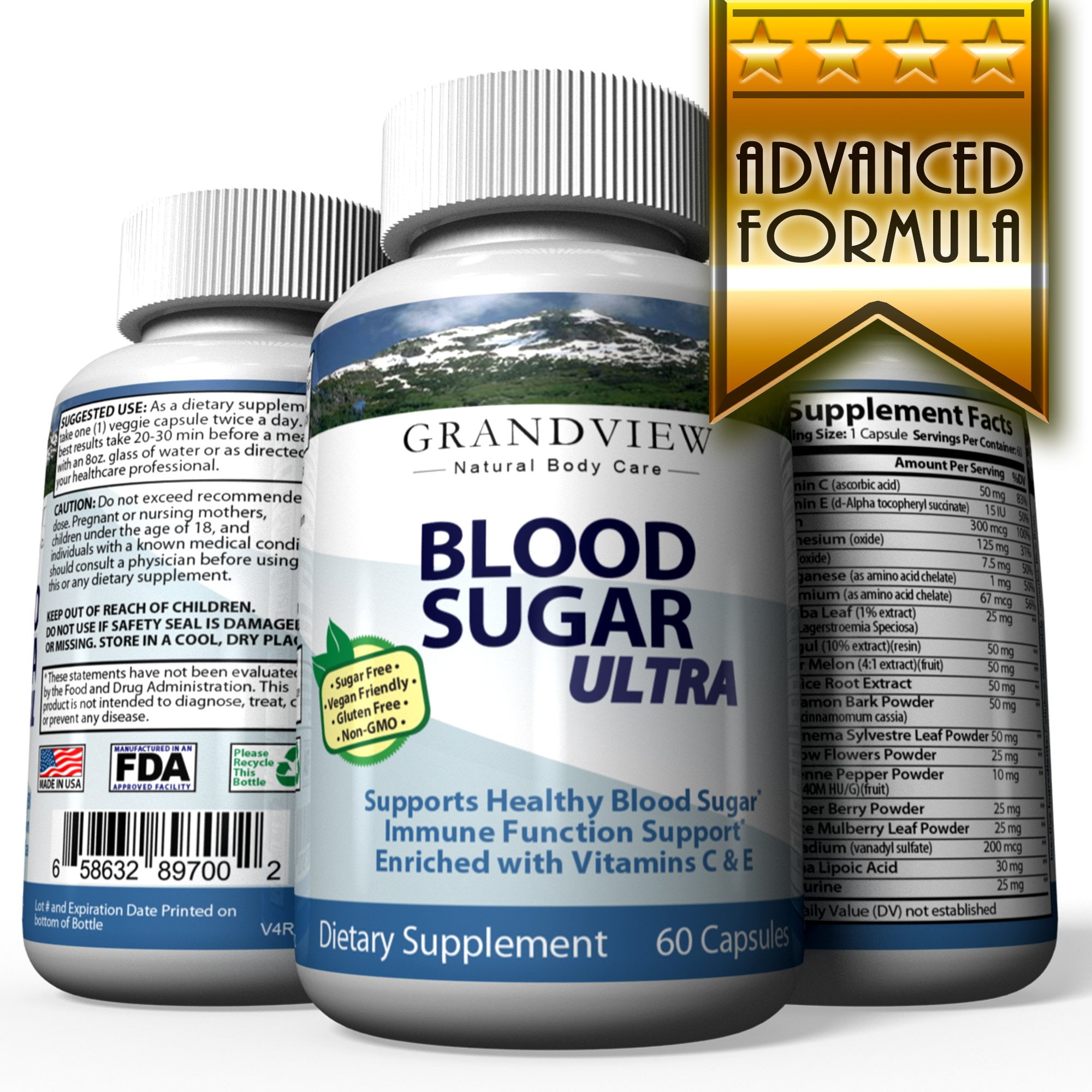The liver is an surprisingly necessary organ in the human body system, liable for doing over 500 essential feature. One of its key functions is moderating blood sugar levels, a method that is important for keeping total health and wellness and well-being. In this write-up, we will dive in to the complexities of how the liver contributes to blood stream glucose regulation.
To understand the liver's duty in blood sweets law, it is essential to to begin with understand the principle of blood sugar homeostasis. Glucose, often known as blood glucose, is a primary resource of energy for our tissues. Nevertheless, also much or also little bit of blood sugar in the blood stream can easily have harmful results on our wellness. For that reason, sustaining a delicate harmony of blood stream glucose amounts is paramount.

When we eat carbohydrates with our diet, they are broken down in to blood sugar particles that get into our bloodstream. This leads to a increase in blood glucose amounts. In feedback to enhanced blood stream glucose attentions, specialized tissues in the pancreas phoned beta tissues discharge blood insulin right into the bloodstream.
More Details participates in a important duty in signifying tissues throughout the body system to take up glucose from the blood stream and store it for future usage. Skeletal muscles and adipose tissue are significant aim ats of the hormone insulin activity. They uptake excess glucose and hold it as glycogen or transform it right into fatty acids for long-term energy storage space.
Having said that, not all tissues respond equally to insulin's indicators. The liver stand up out as a distinct player in this regulatory system due to its ability to both uptake and create glucose when needed.
Under typical ailments after consuming a dish rich in carb, blood insulin suppresses hepatic (liver) glucose manufacturing through preventing chemicals involved in gluconeogenesis - a procedure where brand new sugar molecules are integrated from non-carbohydrate prototypes such as amino acids or lactate.
In enhancement to decreasing gluconeogenesis when there is an abundance of distributing nutrients (after foods), insulin likewise markets glycogen formation within the liver. Glycogen is a extremely branched polymer of blood sugar molecules and serves as a short-term storing form of sugar.
During time frames of fasting or long term physical exercise when blood glucose levels drop, the liver participates in a vital role in maintaining blood sugar homeostasis. In these situations, blood insulin tears reduce, and other hormones, such as glucagon and cortisol, come right into play.
Glucagon acts antagonistically to insulin by boosting hepatic glucose creation via gluconeogenesis and glycogenolysis - the failure of glycogen into specific blood sugar molecules. This release of saved sugar in to the bloodstream helps raise blood sweets levels to offer power for necessary organs like the human brain.
Also, cortisol, frequently recommended to as a tension bodily hormone, provides to blood glucose guideline through advertising both gluconeogenesis and glycogenolysis in the liver. This mechanism makes certain that throughout opportunities of stress or prolonged going on a fast when energy needs are high, an ample supply of sugar is on call for vital physical functions.
It is worth mentioning that while the liver's ability to create and launch sugar is essential during the course of times of demand, dysregulation can lead to severe health complications. Disorders such as kind 2 diabetes melli